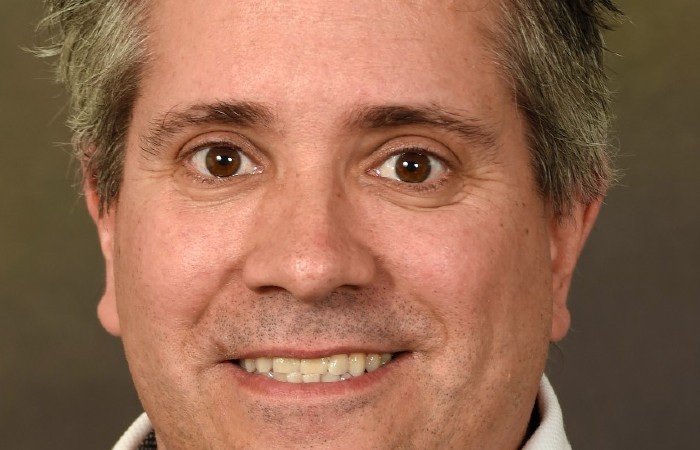Health & NHS news

NPA chair: Pressures mean pharmacists struggle to think about Pharmacy First
In Health & NHS news
Bookmark
Record learning outcomes
This story was originally published by Independent Community Pharmacist.
The National Pharmacy Association chair Nick Kaye has said he is confident independent pharmacists across England have the clinical capabilities to provide Pharmacy First but warned the daily pressures of running their pharmacies could hinder their roll-out of the scheme.
Kaye (pictured), a regular columnist for Independent Community Pharmacist who writes in a personal capacity and runs a pharmacy in Newquay, said he is sure pharmacists will be willing to train and prepare for the service, which starts on January 31, but said “lots of contractors” have expressed the view that they are “not ready” for it at the moment because they do not have “the headspace to be able to think through the service and its implementation.”
“I genuinely don’t believe that it’s our clinical decision-making that will be causing any worry. As a pharmacist who worked for five years in general practice, I know our clinical skillset as community pharmacists is absolutely transferable and now NHS England is directing patients into community pharmacy rather than pushing them into GP surgeries,” Kaye said.
“We will be able to deal with the seven clinical conditions under Pharmacy First but we will also be worried about how to operationalise the service whilst dealing with the pressures of running our pharmacies.”
He said independents will be preoccupied with increasing workload and rising overheads and although pharmacies that sign up to Pharmacy First will receive £2,000 upfront, he warned this month's clawback could heap even more pressure on them.
“Just as hope begins, the announcement comes that the clawback for January will cost us a business as much as the set-up fee for Pharmacy First, if not more. Now, I know these two payment mechanisms are different but somehow this doesn’t feel right,” he said.
“In the real world of business, what happens is the total income will have to be taken into account when it comes to the safe running of the pharmacy and the paying of essential bills, from energy and wholesalers.
"Although this is the true picture of what happens in the real world and despite the financial stresses of running a business, the funding that is allocated for safe time to train for Pharmacy First means that this training and preparation will still be done.
“But it will be done late at night or during a weekend when we should be spending time with family or de-stressing, if that is possible as a pharmacy owner, and that cannot be right.”
However, Kaye said Pharmacy First should get pharmacists “thinking as contractors about the way” they are paid “which hasn’t changed since the inception of the NHS.”
Insisting the contract is “broken,” he said: “We have a burning platform of underfunding and increased demand. We are seeing businesses fail, small, medium, large and multinationals. No-one is immune from the financial strains of the current contract in England.
“We need more investment into the core contract but should there be more predictability in our funding model as we move forward? Is it time to start thinking differently?"

